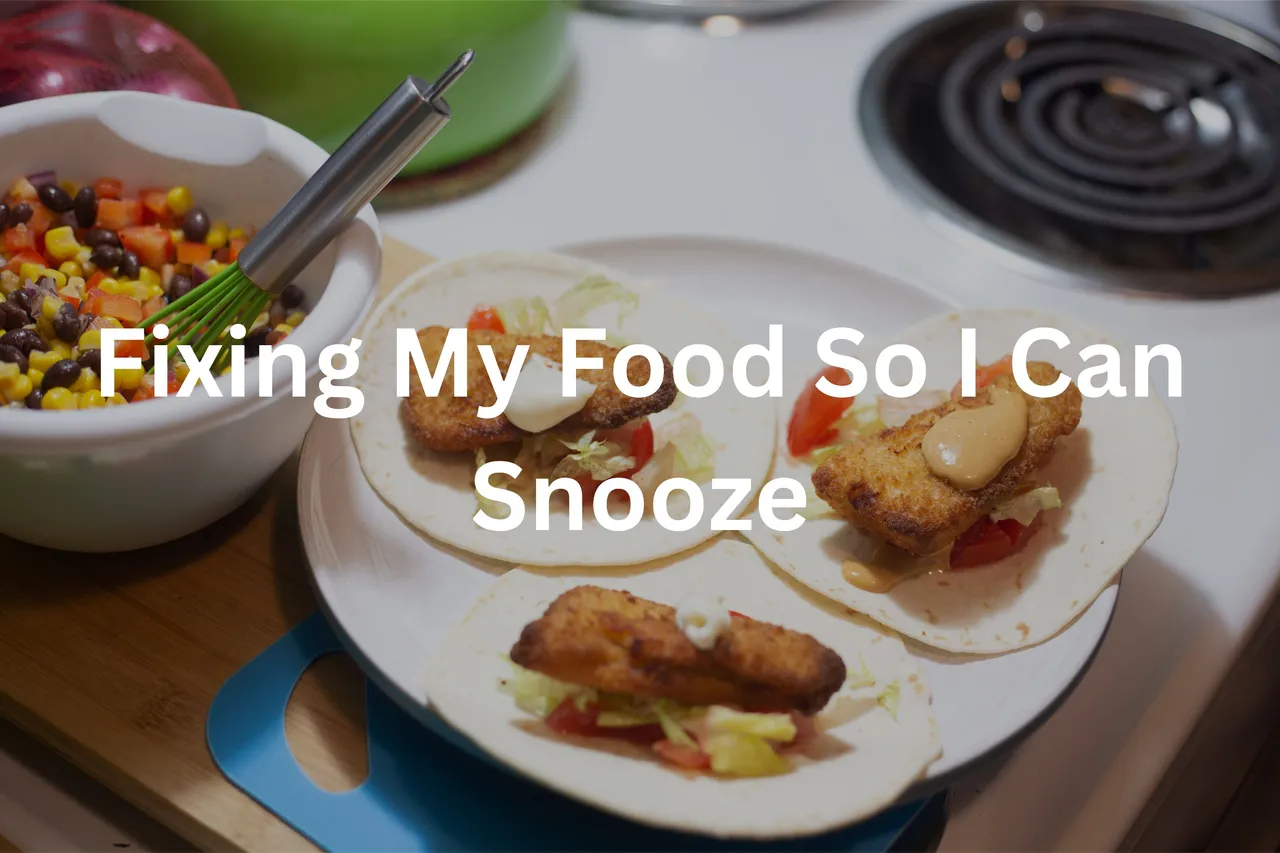
Sleep Patterns
I got an average of 5 hours, 10 minutes of restful sleep last week, 51 minutes lower than the week before. If I keep at it like this, I might not make it. I'm not up long hours writing, photographing or reading so it benefits no one.
Luckily, I had just the fix. A newspaper section on sleep from the days of the pandemic means as much as the Bible to my mother, or drill music to my brother.
The fitness tracker given to me collects data for a gamified experience, increasing my desire to live healthier, including sleeping.
UPDATE: I got 6 hours, last night. Already beating my average.
I found many takeaways interesting. My sleeping habits could use a wake-up call, apparently, a better diet.
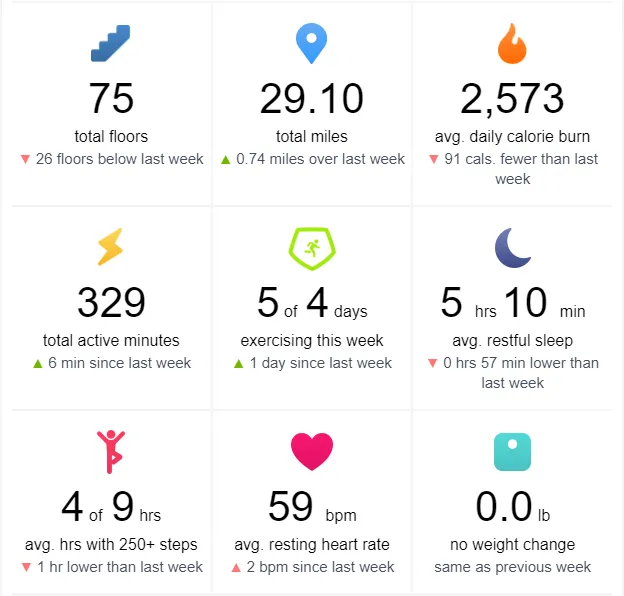
The Reporter's Findings
Kathleen Squires, the writer on assignment for the article, did me this courtesy going on this journey. I name her to give her credit for the work. She mined books, primary sources, people- all to find this content, which I refine and share with you.
The big takeaways: Doctors say that sleep disruption stems from issues with anxiety or digestion.
This doesn't surprise me; as I do have concerns I worry about needlessly. I shouldn't check charts as often as I do, nor should I drink so close to bed. My money problems definitely stop my dreams, too, if I'm honest. So, I read on to find out what Squires learned from the doctors.
Your diet can affect the regular functions of your body involved in peaceful rest. The article references this book, by Ben Greenfield, "Boundless". A nutritionist, Ben discusses in a chapter foods that "can help calm the brain, lower body temperature, and maintain a low glucose metabolism"- all of which are beneficial to getting that shuteye, I learned.
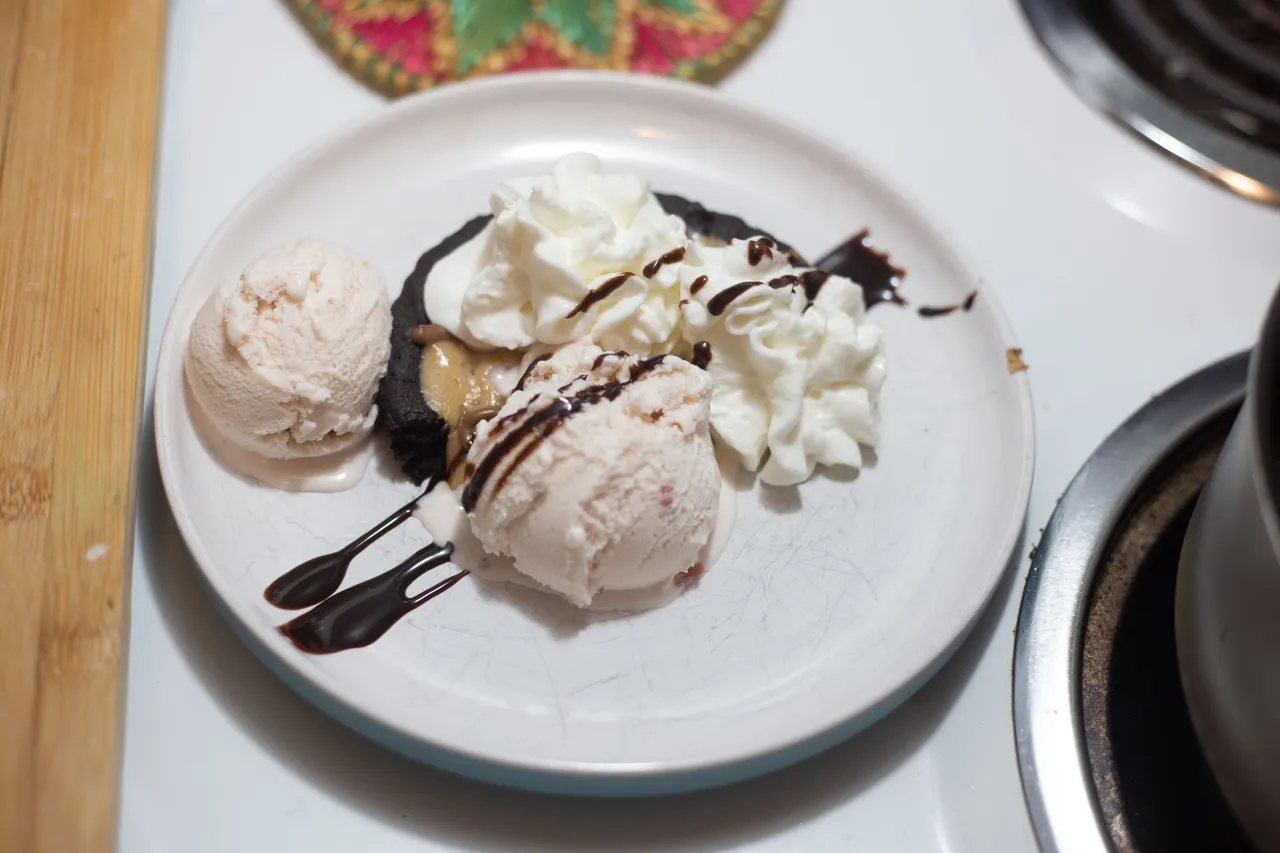
Foods for Better Sleep
Fish rich in Omega-3, Vitamin B and D
Salmon, mackerel, anchovies and herring
Serotonin foods
Kiwi
Melatonin foods
Tart cherries, oatmeal, walnuts
Tryptophan-rich foods
Turkey, tofu, miso, bananas, chicken, eggs, almonds and milk
Medium-chain triglycerides (MCT)
Coconut oil
Fructose foods
Gelatin and raw honey
Magnesium- and zinc-rich foods
Oysters, clams, lobster, walnuts and dark leafy greens
GABA foods
Sprouted brown rice, white rice, miso, kimchi; chamomile, passionflower, and lemon balm teas; reishi and wild shiitake mushrooms
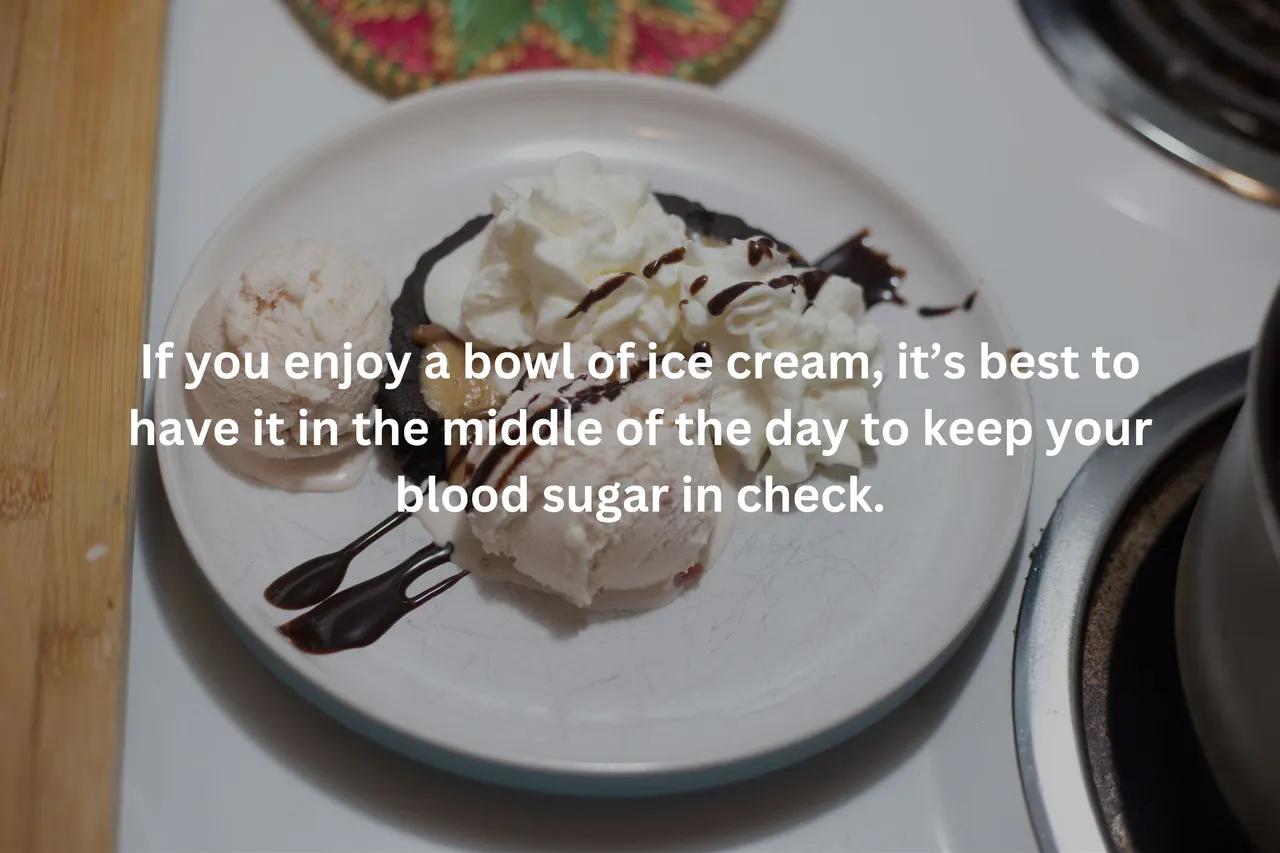
Meal Timing
'There is timing in everything', was a true saying, I type in homage to Miyamoto Musashi. His wisdom ubiquitous, even doctors agree that meals ought to take place at a certain time. I read much of this unaware of these facts, but in a way, much of it felt natural.
For example, a 2016 study by the University of Chicago concluded that eating too late causes the body to "work" the digestive system while it should be resting, which raises the body temperature and lowers the blood sugar, eventually disturbing your sleep.
Mom always says something like that, but without all the science. So she's right, if only about this. She has no idea where crypto can go.
Dr. Czeisler and Dr. Tang, the people our newspaper reporter sought out explained even more.
Food intake for the day should occur within a 10-hour window, with the 1st meal of the day taken an hour or more after habitual wake up time and the last meal of the day finished three or four hours from bedtime.
In regards to my schedule, that'd be breakfast at 9 AM, dinner by 8 PM, with a lunch around 2:30 PM. That's just in the middle, I'd probably eat sooner than 2, if I'm being real.
To be honest, there are most likely more things affecting my sleep than anxiety and digestion. I admit those are significant, but I was surprised to learn that alcohol contributes to disturbed sleep. One of the doctors Kathleen interviewed had this to say.
Every glass of wine and every shot of liquor takes two hours for the liver to metabolize, and that disrupts your ability to maintain consolidated sleep... I'm not suggesting you become a day-drinker, but it will metabolize by bedtime if you indulge midday.
With this information, I took some sips of wine around breakfast time, with the expectation to avoid it too close to bed time. Glasses of wine past ten might keep me up all night, something that did happen in college, as I reflect and write.
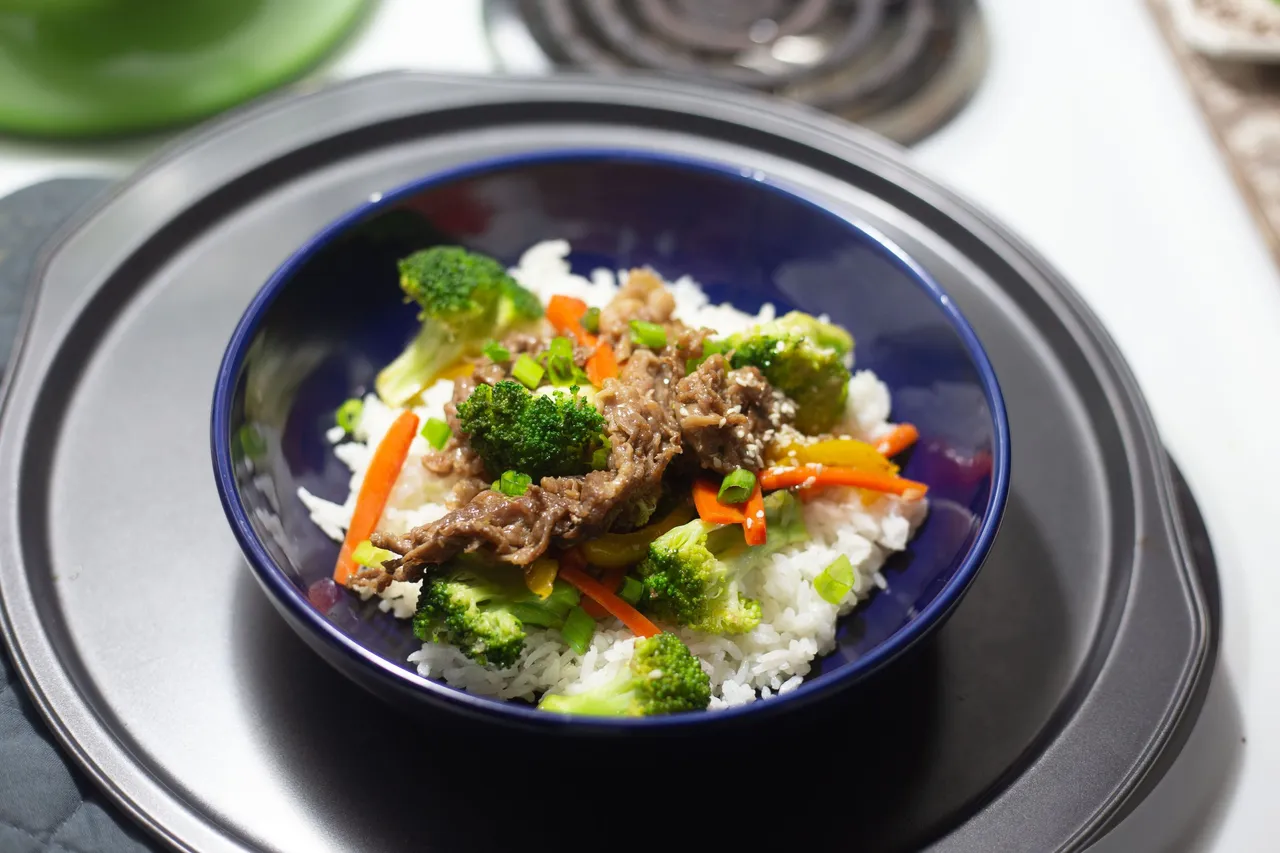
Saving My Sleep With What I Eat
There are several food item suggestions, and even a recipe on a warm milk drink that promotes sleep using tumeric. I'd like to make and review that recipe as well as the ginger cookies soon, if the digital wallets permit it. In any event, taking charge of my work-life balance involves planning meals, exercising muscle groups, and preparing and eating meals in a timely fashion. As a creator, I reserve the right to do all that creatively, for instance, by writing longform blog posts.
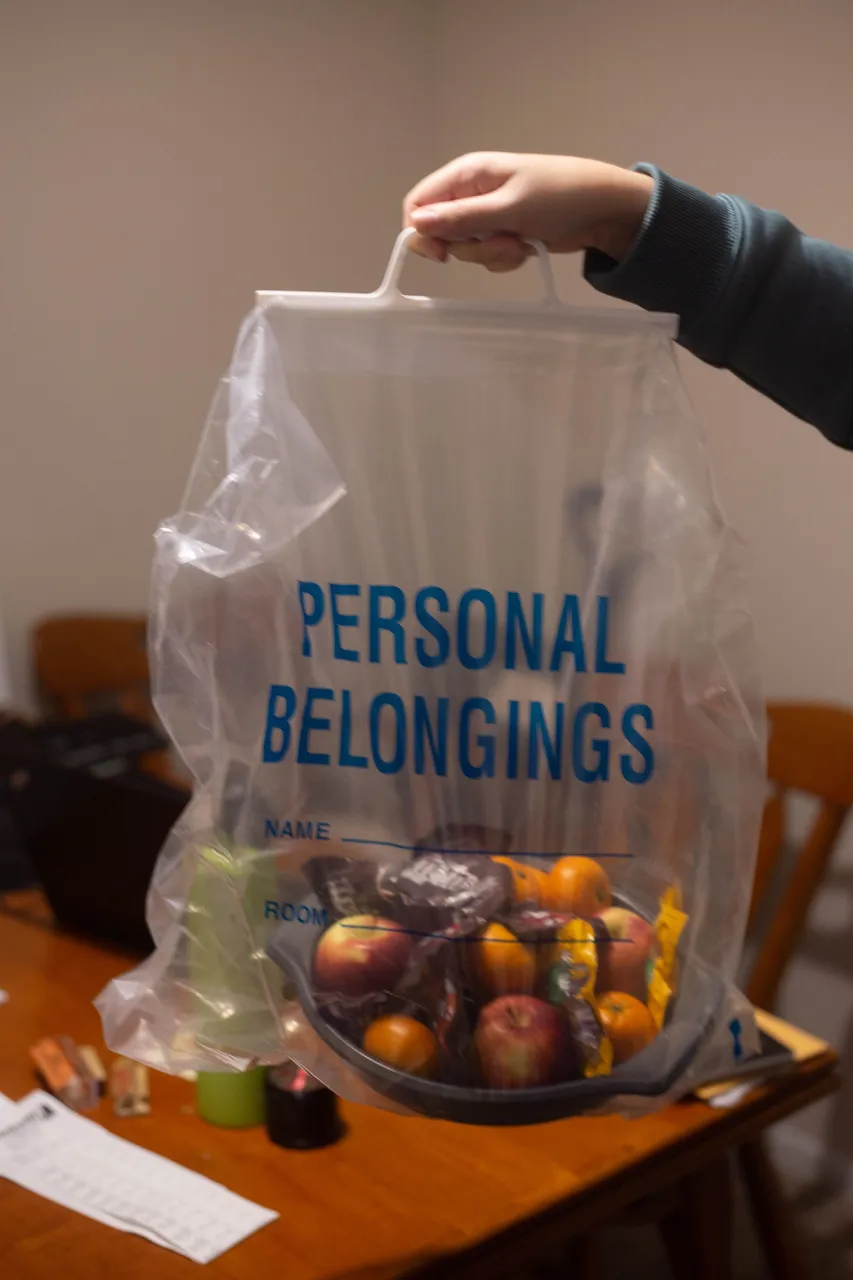
What do you eat? How do you sleep? Do you think they're related?
Leave your strategies and answers in the comments.